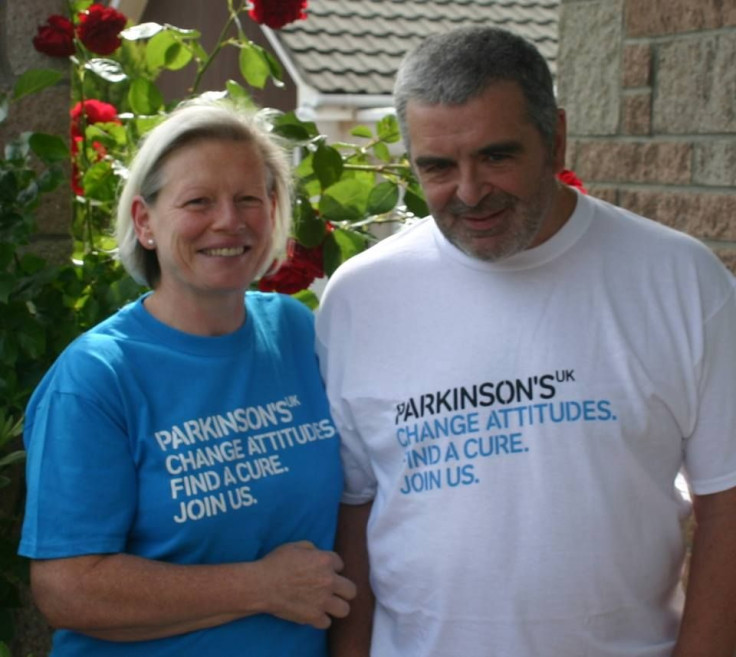Joy Milne Says She Smelled Parkinson's Disease In 8 Patients: Here's What Science Has To Say About That

We often come across stories about dogs that can sniff out chronic diseases among people using nothing except for their noses. This makes sense considering man’s best friend’s remarkable sense of smell is 100 times better than a human’s due to more than 220 olfactory receptors found in their noses. So then what’s the deal with Scotland native Joy Milne, who has already sniffed out seven cases of Parkinson’s disease, not including her late husband’s?
When Milne’s husband, Les, started emitting a musty odor, she didn’t think much of it. The 65-year-old grandmother said she has always possessed a keen sense of smell. Les, who worked as an anesthesiologist at the time, worked long hours and interacted with a lot of people, so it was possible a harder schedule meant more sweat and less shower time. Six years after Milne began smelling the scent Les was unfortunately diagnosed with Parkinson’s.
"His smell changed and it seemed difficult to describe," Milne told BBC. "It wasn't all of a sudden. It was very subtle — a musky smell. I got an occasional smell." It wasn’t until she attended a charity meeting for Parkinson's that Milne smelled the exact odor her husband had been emitting on another person diagnosed with Parkinson's.
Scientists were just as curious about Milne's claims as we are, so researchers from the University of Edinburgh contacted her and set up an experiment. Six people diagnosed with Parkinson's were asked to wear T-shirts as well as six people without the disease. Milne was asked to sniff out which T-shirts were worn by the participants with Parkinson's. She initially got 11 out of 12 correct. Eight months later the research team got a call from the participant who she incorrectly identified as a Parkinson's patient. He had been diagnosed with the disease.
Although Milne lost her husband Les earliest this year in June, she knows that her seemingly superhuman ability has the potential to save a lot of lives that could be affected by Parkinson's. Researchers from Manchester, Edinburgh, and London are looking into changes in the skin of people with early Parkinson's that could produce an odor similar to the one detected by Milne. This research could lead to a simple swab test that can accurately diagnose the disease in its early stages.



























